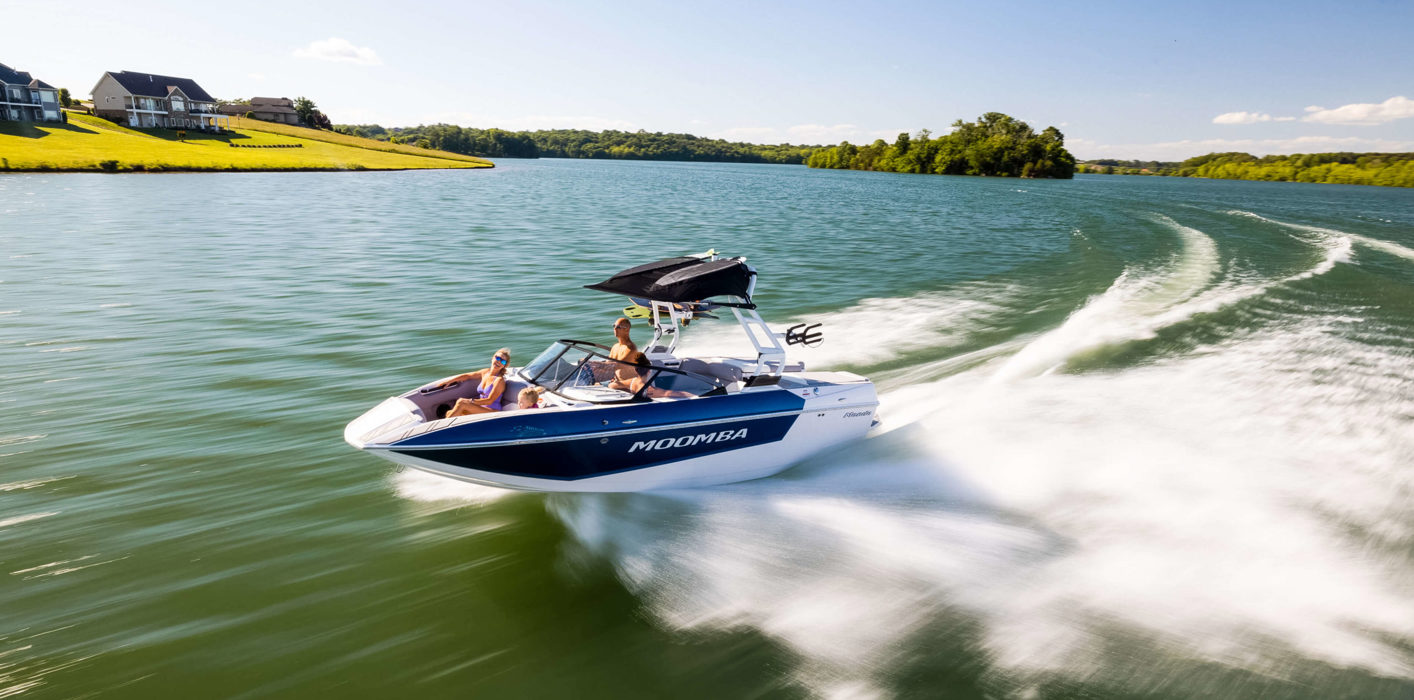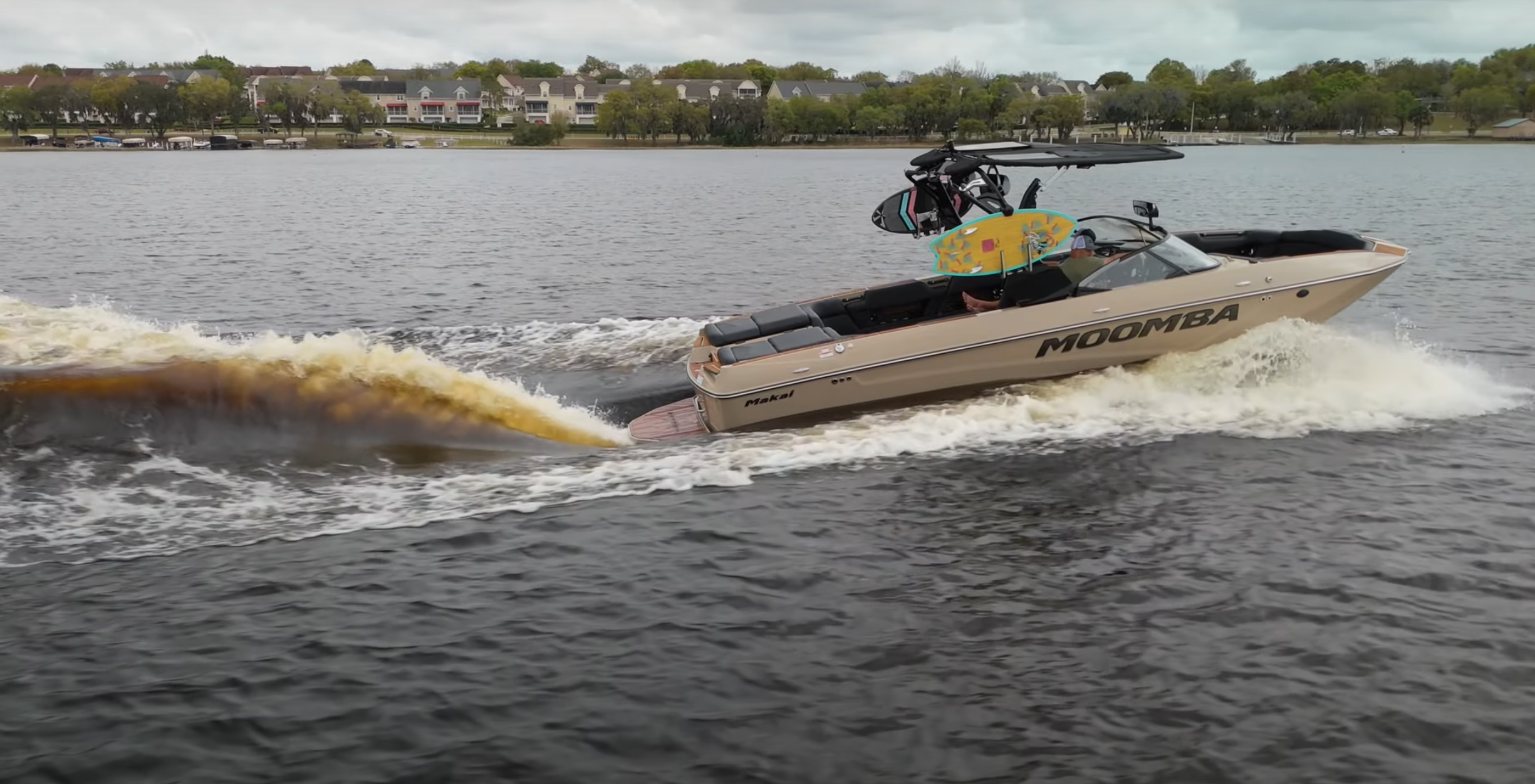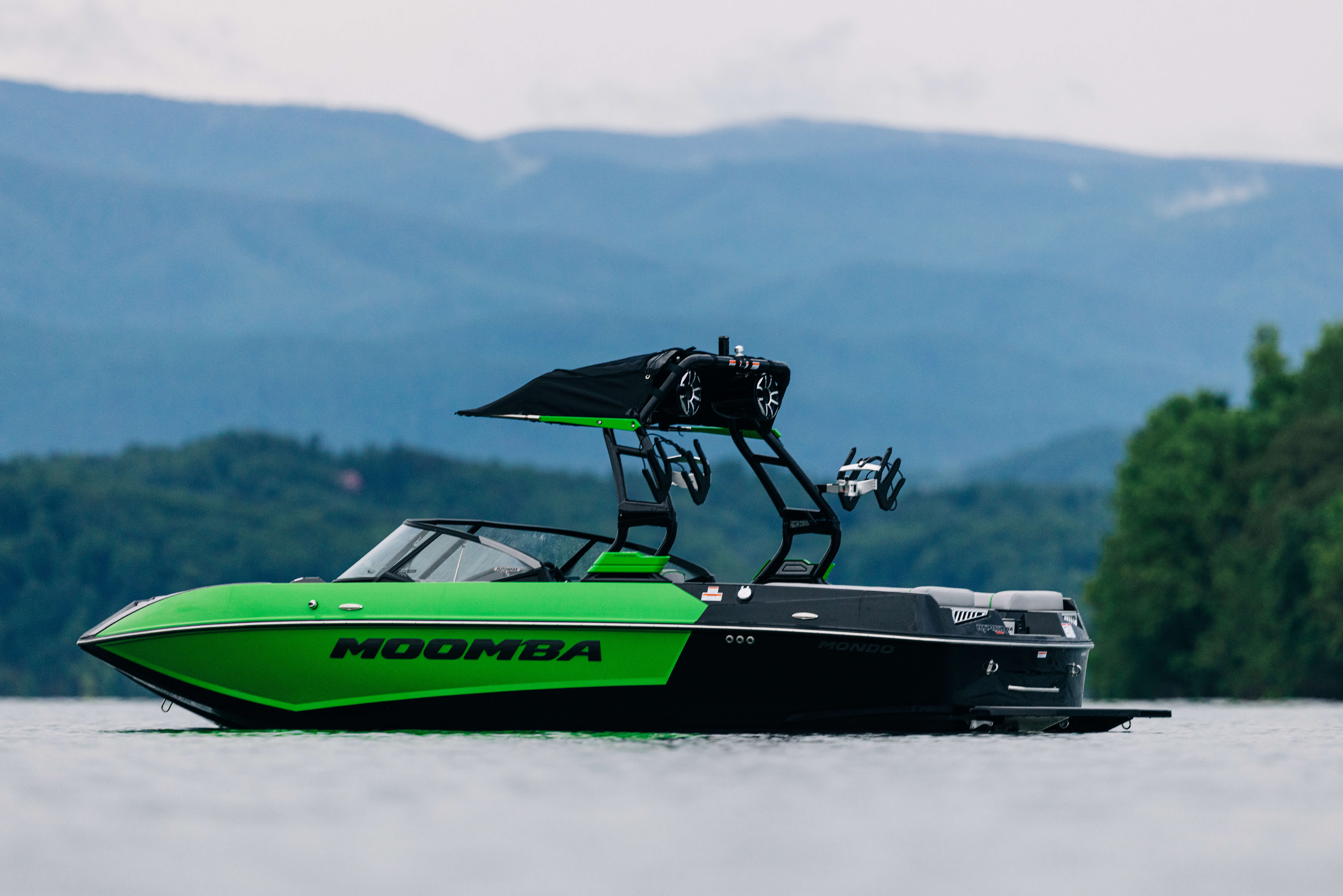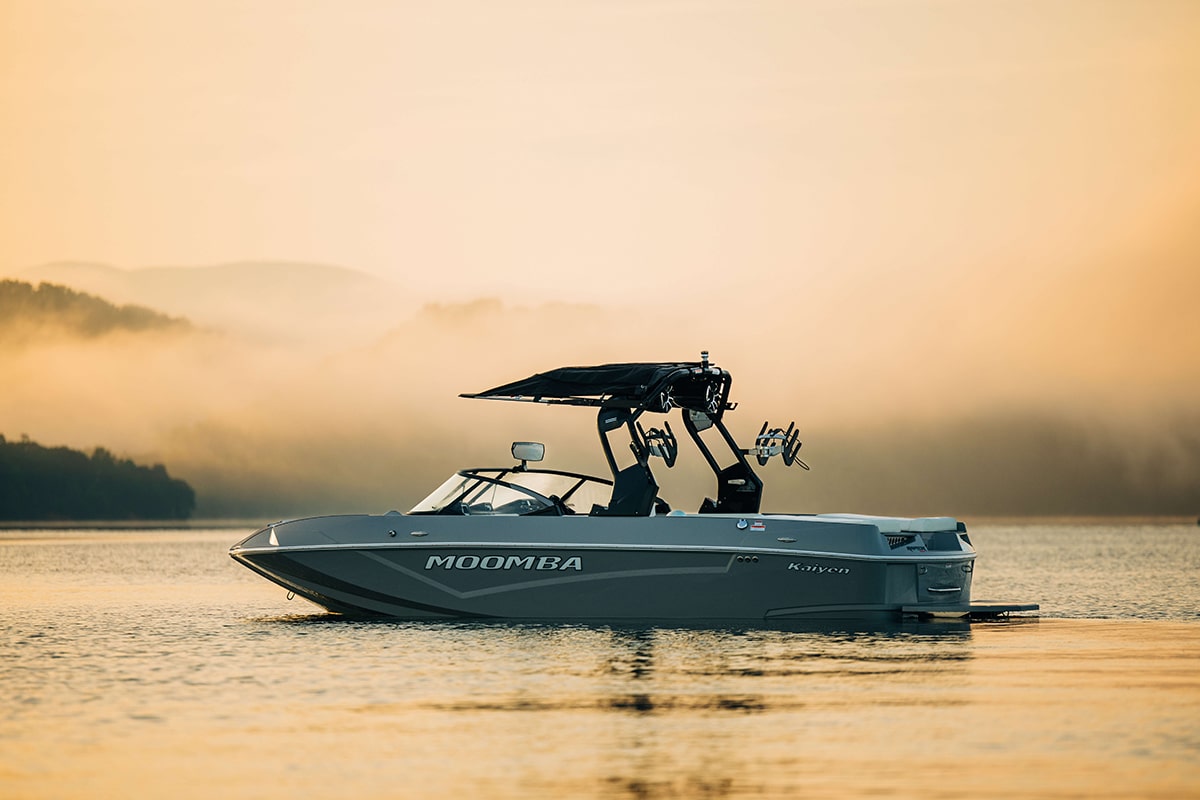News
Life is better on the water, but safety first: A guide to boating
By Skier's Choice Marketing/ January 23, 2023
SHARE

Life is better on the water, but safety first: A guide to boating Boating and Safety Go Hand in Hand
Boating is a popular recreational activity that can be enjoyed by people of all ages. However, it's important to remember that boating also comes with inherent risks. That's why boating safety is crucial for ensuring a safe and enjoyable experience on the water. Here are some important boating safety tips to keep in mind:
- Wear appropriate safety gear: Wearing a life jacket is the most important safety measure you can take while boating. It's essential to have enough life jackets on board for everyone on the boat, and to make sure they fit properly. Even if you're a strong swimmer, a life jacket is still important in case of an emergency or unexpected capsizing.
- Check the weather forecast: Before heading out on the water, make sure to check the weather forecast and be aware of any potential storms or other hazardous conditions. If bad weather is expected, it's best to stay on shore.
- Have a float plan: Before heading out, let someone know where you're going, what route you'll be taking, and when you expect to return. This is called a float plan and it will give first responders a starting point if you don't return as planned.
- Learn how to navigate and operate the boat: It's important to know how to operate the boat safely, including how to navigate and avoid hazards. Make sure you understand the controls, navigation equipment and safety features of your boat, and know how to use them properly.
- Be aware of other boats and watercraft: Always be aware of other boats and watercraft in the area and know the right-of-way rules. Use your visual and auditory signals, such as lights and horn, to communicate with other boats.
- Avoid alcohol: Alcohol and boating do not mix. It's illegal to operate a boat while under the influence of alcohol, and it's also dangerous. Not only does alcohol impair your judgement and reaction time, it can also lead to hypothermia if you fall in the water.
- Have proper safety equipment on board: Make sure you have all the required safety equipment on board, such as life jackets, flares, and a fire extinguisher. Also, make sure all the equipment is in good working condition.
- Communication between boat driver and rider/skier/boarder: Make sure to communicate clearly with the driver of the boat and let them know when you're ready to start, when you're up and when you're finished. It's important to establish a set of hand signals or verbal commands to ensure smooth communication between the rider and the driver.
- Start at a safe speed: Make sure to start at a safe speed and gradually increase as the rider becomes more comfortable. It's important to keep the speed at a level that the rider is comfortable with and to always be aware of the rider's ability level.
- Keep a safe distance: Keep a safe distance from other boats, swimmers, and other obstacles to avoid collisions or accidents. Make sure to follow all rules and regulations regarding distance from shore, no-wake zones and other boating rules.
- Check the tow rope and handle: Make sure the tow rope and handle are in good condition and free of any frays or damage before each use. It's also important to check the length of the rope and make sure it's appropriate for the rider's skill level.
- Have a spotter on board: Having a spotter on board can be very helpful in keeping an eye on the rider and alerting the driver to any potential hazards. They can also help with communication and assist the rider if needed.
Towed water sports, such as wakeboarding, wake surfing, and water skiing, are popular activities that can add excitement to your boating experience. However, as with any boating activity, it's important to take safety precautions and follow proper procedures to ensure a safe and enjoyable experience. By following these safety tips, you can help ensure a safe and enjoyable boating experience.
Remember that boating safety is everyone's responsibility, so make sure to educate all passengers on the boat about safety procedures and rules. It's also important to stay informed of any changes in boating laws and regulations. Remember to always be aware of your surroundings, stay within your ability level and follow proper procedures. And most importantly, always wear a life jacket. Happy and safe boating!
For more information on boating safety and waterways you can check out these resources:
https://www.wsia.net/category/memberinfo/safety/
https://www.discoverboating.com/ownership/safety
Virginia Department of Game and Inland Fisheries Boating Pages: Online forms; information on laws, titling, and registration.
United States Coast Guard Auxiliary: Links to other Auxiliary pages, the Coast Guard pages, and more.
National Safe Boating Campaign: Lots of good and interesting information about life jackets, as well as other safety tips. Campaign info.
Boating Safety Page: Take a "Lights Quiz". Float plan form, Aids to
Navigation, and more. Sponsored by the Sea Tow Foundation.
Boat US: Online boating safety course, online store, message boards, links and much more. Comprehensive boating site.
Yacht Survey Online: Over 100 articles on the subjects of buying, owning and maintaining boats. Blisters, bilges, and boat sinking.
Navigation Rules: Download Nav Rules and exam questions. FAQs, links, and more.
SHARE

About Author
Skier's Choice Marketing
Located in Maryville, Tennessee and manufactures the Supra and Moomba brands. The company prides itself on its customer experience, innovation, and value.

News
how to set up your boat for wakesurfing
Setting up your boat correctly for wakesurfing can make all the difference in your experience on the water. The 2024 Moomba Makai offers an optimal platform for wakesurfing, and this guide will walk you through the essential steps to ensure your boat is perfectly set up.
READ MORE

News
Moomba's Mondo: The Rise of the 20-Foot Boat Era
Moomba's Mondo: The Rise of the 20-Foot Boat Era Dive into 2024, where boating has taken an exciting turn. The Moomba models have always been trendsetters, leading the pack with forward-thinking designs and cutting-edge technology. This year, we've pushed the boundaries even further. With the updated Mondo, we've seamlessly merged luxury, innovation, and peak performance to redefine the 20-foot boat space.
READ MORE

News
Moomba's Kaiyen: The 21-Foot Boat Revolution
Welcome to 2024, where the world of boating is redefined by the precision of design and the thrill of experience. Dive deep into the heart of Moomba's mastery with the Kaiyen, a 21-foot marvel that's not just a boat, but a statement of innovation and leaving your worries at the dock.
READ MORE
Moomba Newsletter

